Cancer can affect both young and old dogs. Cancer is now the No.1 cause of death in canines. Although most cancers, once found, are difficult to stop, cancer is an illness for which the proverbial ounce of prevention is definitely worth that pound of cure.
An estimated 80-90% of all cancers in people are prevented by lifestyle choices. This can also be true for dogs. Dr. Colin Campbell’s, The China Study, published in 2006, stated that a diet with over 20% animal protein had a significant effect of whether cells with altered DNA did, in fact turn into cancer cells. There is solid evidence that improved nutrition strengthens the immune system and helps prevent cancer. In fact, we all get cancer multiple times during our lifetimes. Before those tiny cancer cells get a firm hold, our immune system takes charge and cleans them up on our behalf.
There is no such thing as human food or dog food – food is food. The same concerns you have with the food you eat should be taken into consideration when feeding your dog. Processed foods and commercially produced dog foods contain preservatives, byproducts, chemicals, heavy metals, and other harmful substances that encourage the production of free radicals in your dog’s body cells. The only foods that act as protecting shields against disease come from plants. Plants contain generous amounts of cancer-fighting anti-oxidants and phytonutrients that demonstrate a genuine ability to protect and even reverse cancer, among other chronic diseases.
PROTECTING WHOLE FOODS
Saturated animal fats have been shown to increase risk factors for cancer. When these animal fats are heated and cooked, the risk factor becomes even higher. Cancer-preventing diets for humans are low in animal fats. Although cooked animal fats are undesirable, not all fats are bad. Studies show that omega-3 fatty acids act to suppress tumor growth. The best sources of omega-3 fatty acids are cold-water fish and flaxseeds. Give your dog a minimum daily serving of 1 to 2 tablespoons of flax oil (1/2 teaspoon for small breeds) or ¼ cup of freshly ground flaxseeds. Oils should be kept refrigerated.
Anti-Cancer Foods:
- Vegetables – Specially carrots, broccoli, cauliflower, red and yellow peppers
- Apples
- Kale and Spinach
- Carrots and Pumpkin
- Garbanzo and lentil beans
- Garlic
- All herbs, especially parsley and cilantro
- Turmeric
- Seeds, especially sesame
- Blueberries
- Tomatoes
- Whole grains
In a dog’s diet, vegetables can be fed raw or lightly steamed or grated. Organically grown vegetables give the best benefit because they are far richer in minerals and enzymes. Leafy greens and orange and yellow vegetables such as squash and sweet potatoes contain beta-carotene and other phytonutrients that help protect cells from cancer. Broccoli contains compounds that inhibit the effect of carcinogens and boost production of cancer-blocking enzymes.
Recommended Reading: The China Study, T. Colin Campbell PhD / Thomas M. Campbell II, MD. Natural Dog, Deva Khalsa, VMD.





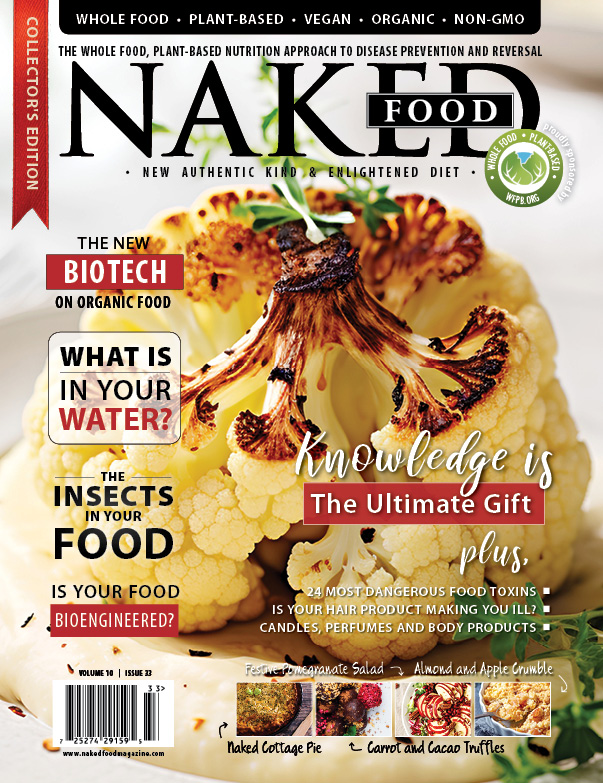
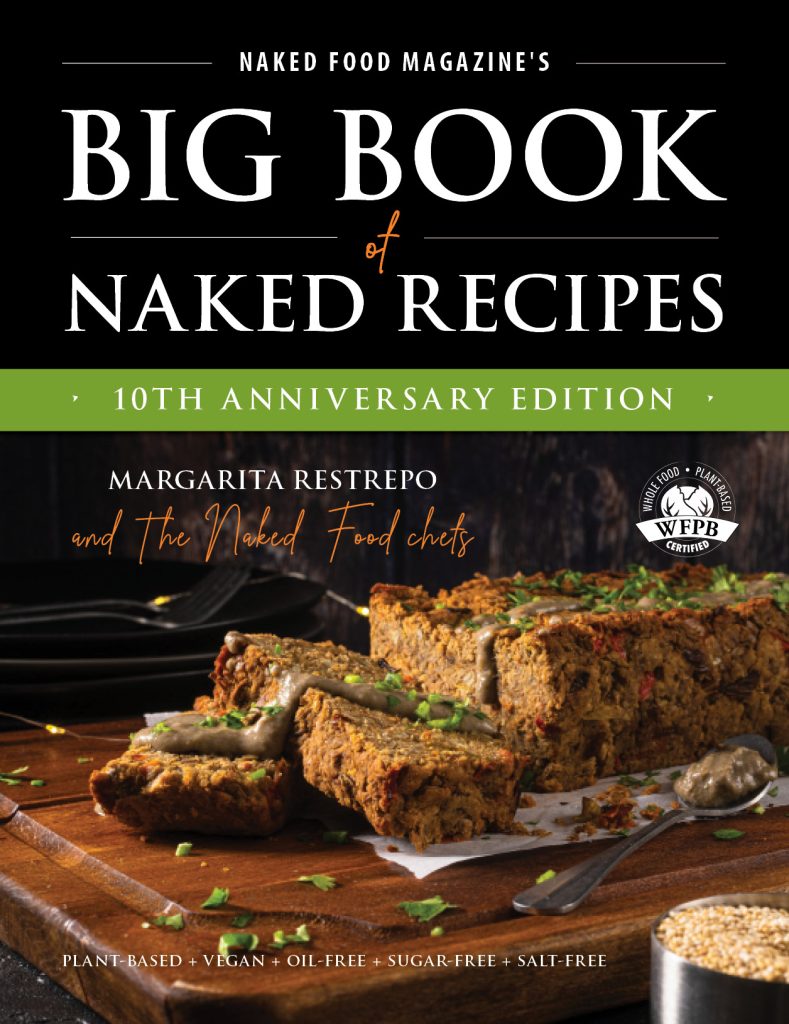
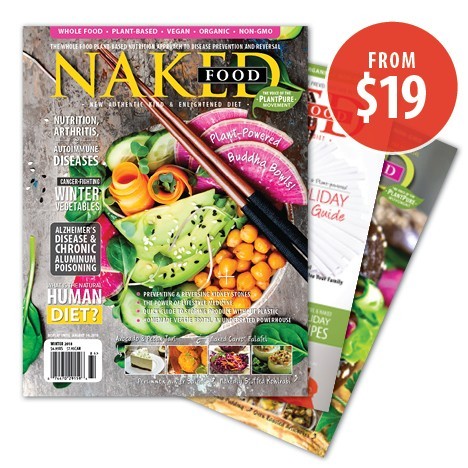
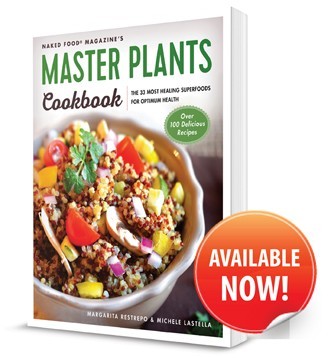











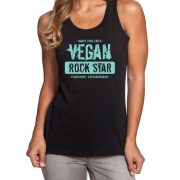
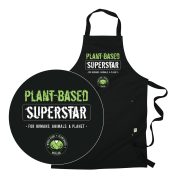
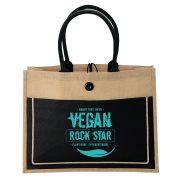

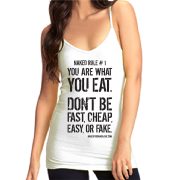
May 27, 2018
be aware that unlike humans, its not good for canines to be on an alkaline diet, they will have urinary tract problems :( So do not overdo the fruits and vegetables please, perhaps no more than 25% of the diet.
April 12, 2015
In following these comments, I’m curious whether or not there is a dog food on the market that has these ratios that you feel are best. 50% animal protein, the rest veggies and fruit. Or are we forced to cook for our doggies to get the right ratios….? I have used Darwin in the past and now on Sojo’s. Just wondering, thanks!
March 15, 2014
Hello Margarita,
Thank you very kindly for your prompt response. I think it now very much clarifies to the readers the fact that according to ancestral diet, and science, it would be best to keep a great part of dogs’ diet, animal-protein based, and certainly above 20%. I personally feed my dogs a ratio of approximately 70-75% raw meat/ organs/ground chicken necks, and 25-30% lightly boiled vegetables, and raw fruit. I do also incorporate some eggs, and a little bit of krill oil. As per the kelp that you have mentioned, although not an absolute requirement for dogs, I would agree that it would enhance the overall vitality of the animals, and in fact, I do also sprinkle some on to my dogs’ food :-)
With respect to vitamin D, as we know, dogs (and cats) are not capable to synthetize adequate amount of it in the skin from sunlight exposure (unlike other omnivores, herbivores etc.); therefore it is essential they get it from diet. I am not a fan of vitamin supplementations, especially when it comes to vitamin D, where the cases of excess (toxicity) of this vitamin seem to be more prevalent than the cases of insufficiency of it in domesticated dogs. Generally speaking, even if dog parents are unable to feed their animals complete, raw and balanced, homemade meals, as long as they choose quality foods that are AAFCO and NRC compliant, lack of vitamin D, and B12 should not be a concern.
To your list of not recommend foods for dogs, I would add avocado as well, given that it has shown to have adverse effects in some dogs.
In closing, I would like to also mention that I am definitely part of “your club” :-) with respect to being certified in plant-based nutrition from the T. Colin Campbell Foundation and Cornell University, and I recently attained the Starch Solution certification from the Starch Solution course thought by my idol Dr. John McDougall.
I admire and highly respect the remarkable, elegant, and beautiful manner in which you chose to honor your boyfriend with respect to creating this powerful magazine. Rest assure that your hard work and dedication will be continuously supported, making sure that, the message you, me, and many others like us who have had the privilege and the opportunity to discover the truth about food and diseases, and the power of a low-fat, whole, plant-based diet, reaches as many people as possible, for a healthier, kinder, and greener planet.
Very Respectfully,
Vincenzo
March 19, 2014
Hi Vincenzo,
Thank you so much for your kind, thoughtful words, and for your wonderful support. I completely agree with you, and I’m very honored to be in your club. :) I am also happy that you’ve had such dedication regarding good nutrition for your dogs. The food system is also broken in the pet nutrition area, and I believe is crucial to educated ourselves in the subject. I’m always happy to see pet owners taking that responsibility and having the will to learn.
Thank you for your input, and please feel free to share more. I hope you feel motivated to comment and share your thoughts as often as you want! This magazine is simply an outlet that represents us, our plant-based heroes, and the simple message behind the amazing power of plants. It all involves consciousness, kindness, sustainability and health for everyone. I believe this magazine is yours as much as it is mine, and only together, we will build a better, nicer, and healthier world for us all. I’m just a messenger. ;) Thank you again! All my best to you. XO
October 29, 2018
Great comments and clarifications from you both Vincenzo and Margarita! I think it would be great if the online article was changed to reflect the increased protein needs for dogs since mini won’t take the time to read the comments. Vincenzo it would be great to know if you have a blog or Facebook page or something I could follow your thoughts on nutrition as well. Thank you naked food magazine for your continual guidance and assistance and weighing in on nutrition for our furry, four-legged friends!
March 15, 2014
Hello Margarita,
Thank you very kindly for your prompt response. I think it now very much clarifies to the readers the fact that according to ancestral diet, and science, it would be best to keep a great part of dogs’ diet, animal-protein based, and certainly above 20%. I personally feed my dogs a ratio of approximately 70-75% raw meat/organs/ground chicken necks, and 25-30% lightly boiled vegetables, and raw fruit. I do also incorporate some eggs, and a little bit of krill oil. As per the kelp that you have mentioned, although not an absolute requirement for dogs, I would agree that it would enhance the overall vitality of the animals, and in fact, I do also sprinkle some on to my dogs’ food .
With respect to vitamin D, as we know, dogs (and cats) are not capable to synthetizing adequate amount of it in the skin from sunlight exposure (unlike other omnivores, herbivores etc.); therefore it is essential they get it from diet. I am not a fan of vitamin supplementations, especially when it comes to vitamin D, where the cases of excess (toxicity) of this vitamin seem to be more prevalent than the cases of insufficiency of it in domesticated dogs. Generally speaking, even if dog parents are unable to feed their animals complete, raw and balanced, homemade meals, as long as they choose quality foods that are AAFCO and NRC compliant, lack of vitamin D, and B12 should not be a concern.
To your list of not recommend foods for dogs, I would add avocado as well, given that it has shown to have adverse effect in some dogs.
In closing, I would like to also mention that I am definitely part of “your club” with respect to being certified in plant-based nutrition from the T. Colin Campbell Foundation and Cornell University, and I recently attained the Starch Solution certification from the Starch Solution course thought by my idol Dr. John McDougall.
I admire and highly respect the remarkable, elegant, and beautiful manner in which you chose to honor your boyfriend with respect to creating this powerful magazine. Rest assure that your hard work and dedication will be continuously supported, making sure that, the message you, me, and many others like us who have had the privilege and the opportunity to discover the truth about food and diseases, and the power of a low-fat, whole, plant-based diet, reaches as many people as possible, for a healthier, kinder, and greener planet.
Very Respectfully,
Vincenzo
March 11, 2014
Hello Margarita, first of all I would like to thank you very much for deciding to create and introduce Naked Food Magazine to the world. I personally follow a low-fat, whole foods, plant-based diet, and I enjoy your magazine very much and I share it continuously.
I was wondering if your comments with respect to the overall article about dogs and animal protein could be more exhaustive and detailed. While I absolutely agree with the following statement you have made: “Processed foods and commercially produced dog foods contain preservatives, byproducts, chemicals, heavy metals, and other harmful substances that encourage the production of free radicals in your dog’s body cells”, I remain a little bit perplexed in regards to how to interpret the “take home message” if any, after I read your other statement: “Dr. Colin Campbell’s, The China Study, published in 2006, stated that a diet with over 20% animal protein had a significant effect of whether cells with altered DNA did, in fact turn into cancer cells”. While Dr. Campbell’s studies do indeed reveal that a diet with over 20% animal protein had a significant effect of whether cells with altered DNA did, in fact turn into cancer cells, I think it is also important to mention in this case that rats, not dogs, were the animals used for the testing. The point I am trying to express is that perhaps, after reading that specific statement, dog owners may be confused on whether or not to feed animal protein to their dogs, or if to feed more or less than 20% of it.
To my knowledge dogs are in fact predominantly carnivores (I would agree they have omnivores capabilities/adaptations), and by looking at their ancestral diet, they seem to require an animal protein intake perhaps upwards of 50%-60%. If we compare modern dogs’ DNA sequence to that of the Gray Wolf we see that there is a mere 0.2% difference between the two species, therefore dogs’ nutritional needs should have not changed significantly either.
My comments are in no way, shape, or form meant to negatively argue or debate your statements. I have simply expressed them to ask for your message with respect to animal protein and dogs, to be more exhaustive and clearer in order to prevent dog owners from misinterpreting the article and decide to put their dogs strictly on a plant-based diet, on to which dogs have shown to survive, but not thrive.
In essence, what source of proteins are you proposing to the readers that dogs should eat?
Respectfully,
Vincenzo
March 14, 2014
Hi Vincenzo,
Thanks so much for your comment, and for your support to the magazine! ;) It’s great to have you here. You bring up a great question, and a very valid concern. You are correct in your affirmations and I agree with you as well. Perhaps a clarification in the article will be wise. I believe a canine diet should include animal protein but it should not be more than 50%. The ancestral diet also included vegetables, herbs, and fruit, as well as bones and bone marrow, tripe, and organs.
I believe a diet based on 40% vegetables (e.g. carrots, leafy greens, broccoli, sweet potato), 10% fruit (e.g. apples, peaches, banana, blueberries), and 50% protein being animal (e.g. wild sardines, wild salmon, rabbit, organs, tripe, marrow) with some plant protein (e.g. legumes) is a good balance. There are other nutrients that are important to their development such as kelp, eggshell membrane, vitamin D and B12. I would recommend a whole food multivitamin that contains these last two as an addition. Keep in mind that there are some plant foods that are not recommended to dogs, such as onions, grapes, raisins, macadamia nuts, and chocolate. Hope I answered your questions, and feel free to keep the conversation going.
June 22, 2013
Is there no commercial dog food that contains most of what is preventative for dogs? High end I mean the kind in dog stores not grocery?
October 29, 2018
I wish I had time to do a raw, whole food diet for my dog but since I don’t, one of the best kibble brands I have found is Orijen. They use very low heat in there cooking so as to preserve the nutritional components and not create additional harmful compounds and they use high quality ingredients. https://www.orijen.ca/us/